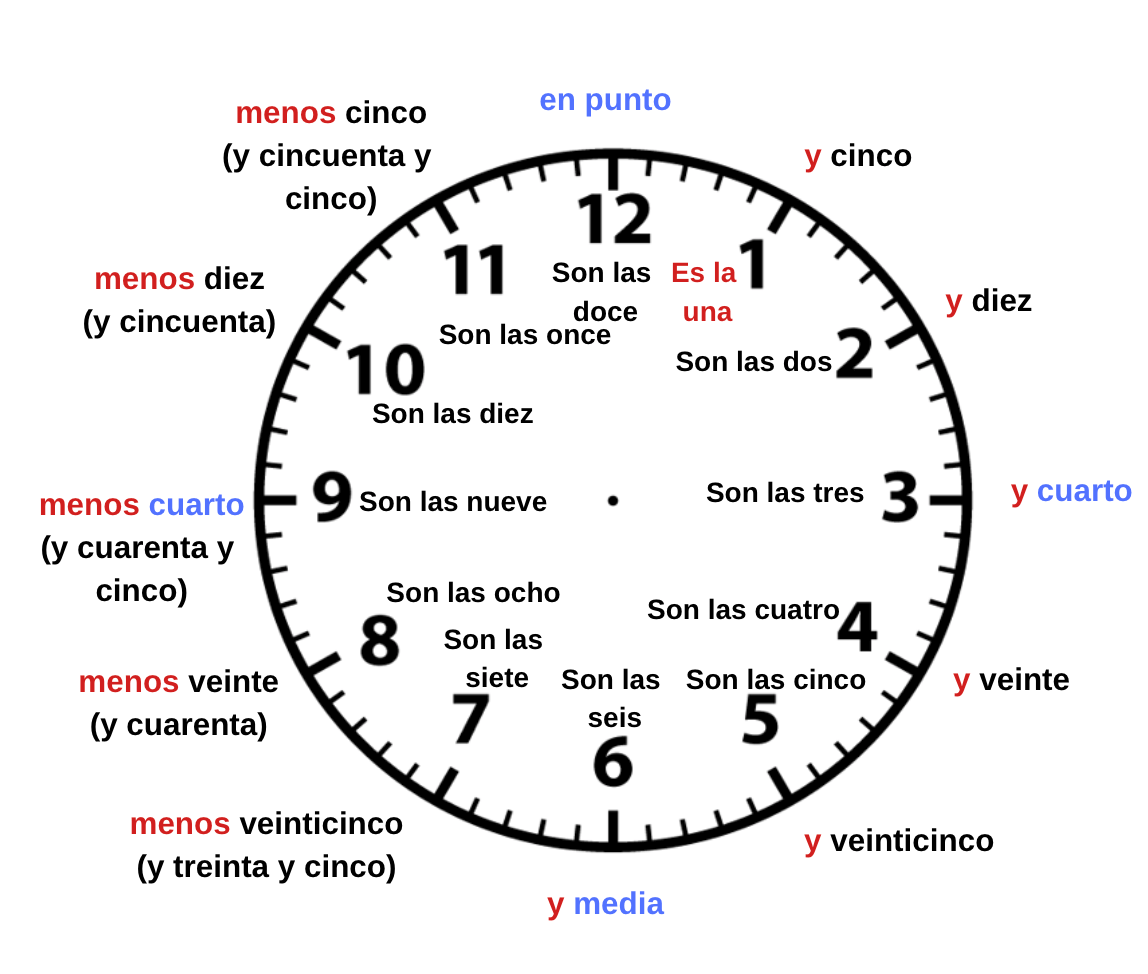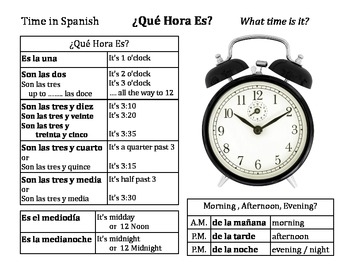Learning how to tell time in Spanish is an essential skill for anyone studying the language. A Spanish time chart can help you understand how to express time in Spanish accurately and efficiently. This chart typically includes the numbers 1-12 to represent the hours, along with the corresponding minutes and time indicators.
By familiarizing yourself with a Spanish time chart, you can improve your ability to communicate effectively in Spanish-speaking environments and enhance your overall language skills.
How to Use a Spanish Time Chart
When using a Spanish time chart, it’s crucial to understand the basics of telling time in Spanish. The chart will typically display the hours in Spanish, such as “uno” for 1, “dos” for 2, and so on, up to “doce” for 12. It will also show the minutes in Spanish, along with the time indicators “de la mañana” (in the morning), “de la tarde” (in the afternoon), and “de la noche” (at night).
To read the time on a Spanish time chart, simply locate the hour and minute you want to express and combine them with the appropriate time indicator. For example, to say “5:30 in the afternoon,” you would use “Son las cinco y media de la tarde” in Spanish.
Benefits of Using a Spanish Time Chart
Utilizing a Spanish time chart can significantly enhance your language learning experience by providing a visual reference for telling time accurately. It can help you practice and reinforce your knowledge of Spanish numbers, vocabulary, and grammar rules related to time expressions.
By regularly using a Spanish time chart, you can improve your fluency in the language and feel more confident when engaging in conversations with native Spanish speakers. Additionally, mastering the skill of telling time in Spanish will make it easier for you to navigate daily activities, such as scheduling appointments, meetings, and social gatherings.

